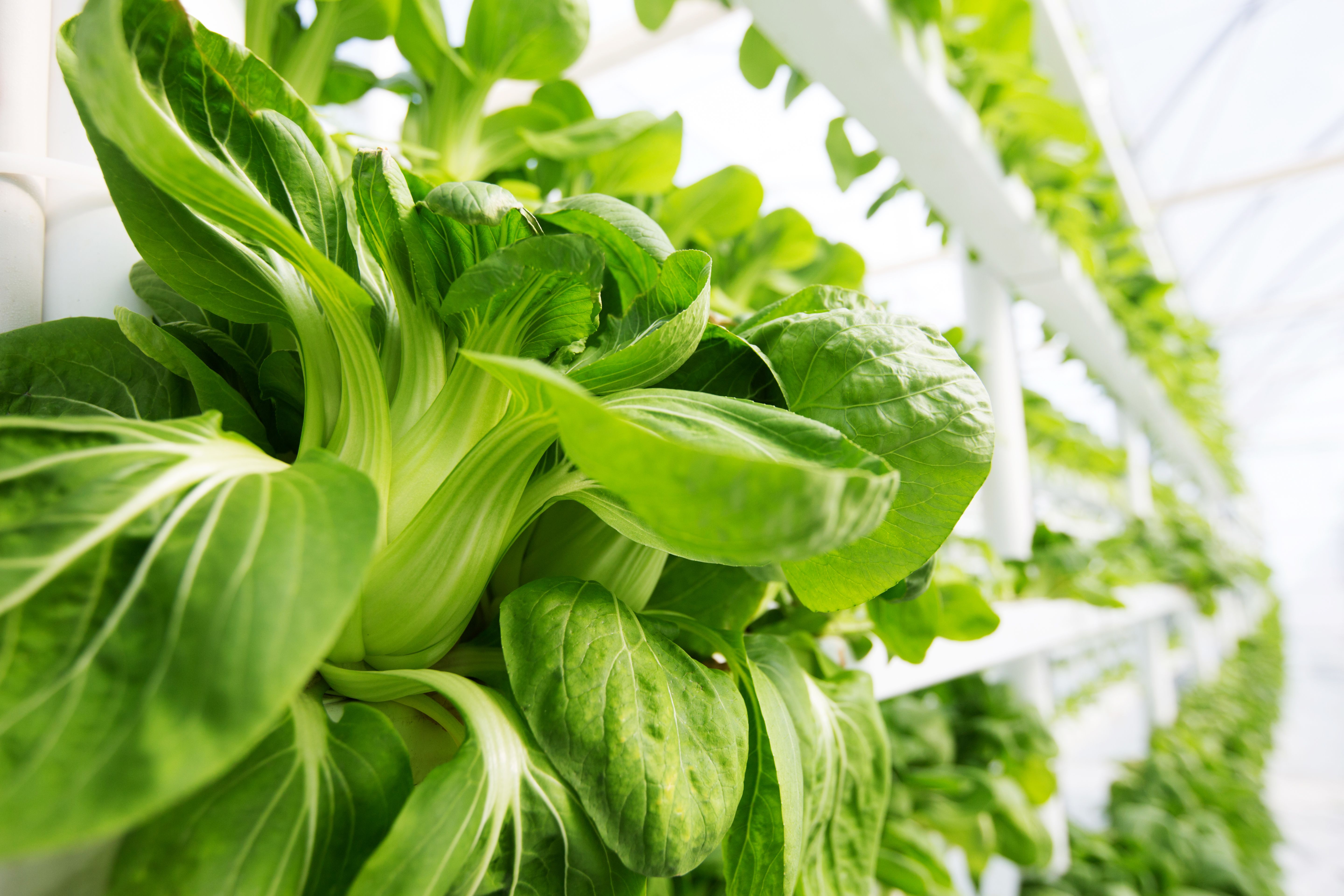Investing in the Future: Venture Capital's Role in Sustainable Food and Agriculture
The Growing Importance of Sustainable Food and Agriculture
The global population is anticipated to reach 9.7 billion by 2050, placing unprecedented demand on food production systems. As traditional farming practices struggle to keep pace with this growth, the need for innovation in sustainable food and agriculture has never been more critical. Venture capital (VC) plays a pivotal role in driving this innovation, offering financial resources and strategic guidance to startups and companies committed to transforming the sector.

Why Venture Capitalists Are Focusing on Sustainability
Venture capitalists are increasingly recognizing the potential for significant returns in the sustainable food and agriculture sector. This shift is fueled by growing consumer demand for transparency, health, and sustainability in food production. VCs see the opportunity to invest in technologies and practices that not only address these demands but also contribute positively to environmental conservation and resource efficiency.
Investing in sustainable food systems aligns with the broader trend of impact investing, where investors seek both financial returns and positive social or environmental impacts. This dual focus is attracting a diverse range of investors eager to support startups that promise a better future for our planet.
Key Technologies Driving Change
The surge in venture capital investment is catalyzing advancements in several key areas of sustainable agriculture:
- Precision Agriculture: Leveraging data analytics and IoT devices to optimize crop yields and resource use.
- Alternative Proteins: Developing plant-based and lab-grown proteins to reduce reliance on livestock farming.
- Vertical Farming: Utilizing indoor farming technologies to produce food in urban environments, reducing transportation emissions.

The Role of Venture Capital in Scaling Innovations
While brilliant ideas can originate from any corner of the world, scaling these innovations often requires more than just a solid business plan. Venture capital firms provide the necessary funding to test, refine, and expand these ideas into viable business models. Beyond capital, these firms offer mentorship, industry connections, and strategic advice to help startups navigate complex regulatory environments and market dynamics.
Furthermore, VCs help startups build robust business models by providing insights into consumer trends, pricing strategies, and distribution networks. This support is crucial in ensuring that innovative solutions can be effectively scaled to meet global demands.

Challenges and Considerations
Despite the promising outlook, investing in sustainable food and agriculture comes with its unique set of challenges. These include overcoming traditional agricultural practices, navigating regulatory hurdles, and addressing consumer skepticism. Venture capitalists must carefully evaluate the potential risks against the rewards when investing in this sector.
Moreover, there is a need for collaboration between investors, innovators, policymakers, and consumers to create an ecosystem conducive to sustainable growth. Such collaboration is essential to overcome barriers and foster an environment where innovative ideas can thrive.
The Future Outlook
The role of venture capital in sustainable food and agriculture is expected to grow as the demand for innovative solutions intensifies. With technological advancements continuing at a rapid pace, VCs are well-positioned to lead the charge in transforming how we produce and consume food.
Ultimately, investing in sustainable food systems is not just a financial strategy; it's an investment in the future of our planet. By supporting companies that prioritize sustainability, venture capitalists can contribute significantly to building a resilient food system capable of nourishing the growing global population while preserving our natural resources.
